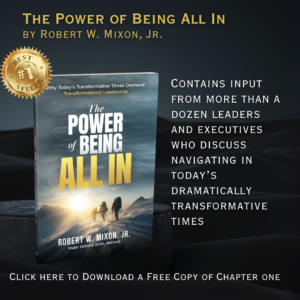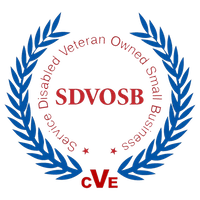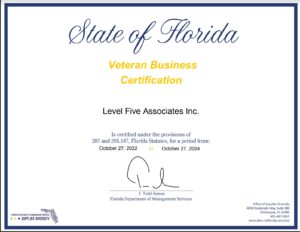This is the latest entry in a series of blogs based on the latest Level Five Associates book, The Power of Being All In.
One of the executives I interviewed in The Power of Being All In, Andrew Sewnauth, President and CEO of CDS Life Transitions, had this to say:
“I think talent management lies at the heart of many issues we face today. Since the pandemic began, less people are available, and those who are available have needs that were rarely entertained before. It’s not that the power has shifted into the hands of professionals and workers. It’s that companies that don’t take the time to invest in their employees pay an even greater price.”
However, lately I have heard experienced leaders say: “We just don’t have people with the right stuff anymore. They don’t want to work hard or accept responsibility. It’s more about PTO (paid time off) than getting the job done.”
It is important to ask ourselves where the real problem lies. Is it us or them? I’d say we had a “generational problem” long before the upheaval of the past few years. My parents — and their parents — each thought the generation after them had lost some core values — particularly hard work and sacrifice.
“The children now love luxury. They have bad manners, contempt for authority; they show disrespect for elders and love chatter in place of exercise.” — attributed to Socrates, ancient Greece
As tempted as I am to fall into this ‘parent trap,’ I’m resistant because it flies in the face of what I think the real problem is. As Walt Kelly wrote in the famous Pogo cartoon in 1970, “We have met the enemy and he is us.” I agree.

If we are truly going to embrace the concept of adaptive leadership, now is the time to stop blaming others and face the facts – we can do better at investing in our people.
Here are some tools we can employ to do that:
- Ask power questions that give us information we can use.
- Start listening to the answers we get with the intent to understand, not reply.
- Communicate in two directions. Don’t just send information; get a backbrief on what they heard or read to confirm understanding. (There’s more on this topic in my last blog post.)
- Make professional development a priority, not an afterthought. Great companies invest in people first.
- See the glass as half full. Positivity is contagious.
- Set your sights on learning, not blaming.
- Make sure you find something good to highlight in your team every day.
We all want to belong to winning teams. Winners are willing to work hard and sacrifice, and your team will, too, if they know you really care. Invest in your team.
Enjoy the journey!
 This blog post is based on the book, “The Power of Being All In.” You can download the first chapter for free at this link. Or, if you’d like to purchase the entire book (available in paperback, eBook, and audiobook), it is available on Amazon.
This blog post is based on the book, “The Power of Being All In.” You can download the first chapter for free at this link. Or, if you’d like to purchase the entire book (available in paperback, eBook, and audiobook), it is available on Amazon.
Did you find this blog post beneficial? If so, please consider sharing it with your audience. It’ll just take a second, but could improve someone’s work habits for a long time to come.





